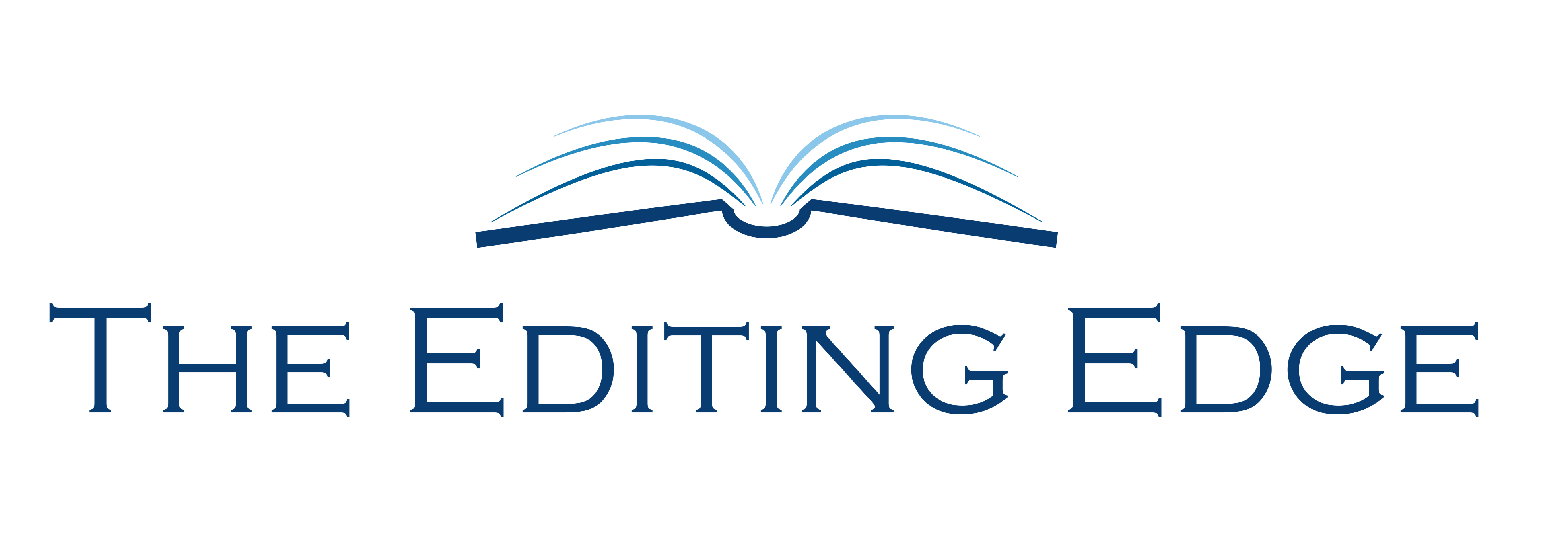What do these people all have in common – authors Peter Carey, Bryce Courtney, Fay Weldon and Salman Rushdie; publisher of Playboy, Hugh Hefner; documentarian and broadcaster, John Safran; director and animator, Terry Gilliam, and actor, Alec Guinness?
Give up?
They were all copywriters early in their careers.
So what exactly do copywriters do and how do they differ from copyeditors? I have been asked on more than one occasion to explain the difference between copywriting and copyediting so I wanted to make this the topic of my current blog post.
It can be a little confusing because editors are often involved in copywriting too, although it may not be an obvious skill that we include in our toolkit.
Copywriting typically involves writing copy (hence copy-writing) for the purpose of advertising or marketing to persuade someone to buy a product, or influence their beliefs. Copy can appear practically anywhere. For example:
• Social media/web page content – blogposts (not unlike this piece really), tweets
• Book publishing – back cover blurbs, jacket flap copy
• Broadcasting – TV/radio ads, jingles
• Marketing communications – press releases, brochures, catalogues, postcards, sales letters
Like copyeditors, copywriters can work as part of a team within an organisation or freelance for a variety of clients. They may also be part of an agency that combines copywriting services with a range of editorial and associated services including social media and SEO (Search Engine Optimisation) consulting, structural editing, copyediting, proofreading, fact checking, layout and design.
And here’s what I see as the crucial difference between copywriters and copyeditors. In general terms:
Copyeditors edit what copywriters write
Copyeditors work by the ‘five Cs’ to make copy ‘clear, correct, concise, comprehensible, and consistent.’ We correct spelling, punctuation, grammar and terminology, and ensure the text adheres to an appropriate style guide. As that great font of knowledge, Wikipedia, states:
Copy editors are expected to ensure that the text flows, that it is sensible, fair, and accurate, and that any legal problems have been addressed. If a passage is unclear or an assertion seems questionable, the copy editor may ask the writer to clarify it. Sometimes, the copy editor is the only person, other than the writer, to read an entire text before publication and, for this reason, … copy editors are considered the publication’s last line of defence.
So, as you can see, copyeditors have a very important role to play in the life of a publication. However, the distinction between copyeditors and copywriters is blurring a little. As I mentioned above, editors are often involved in copywriting too, although it may not be an obvious skill that we include in our toolkit. Whenever I write a blog or Facebook post, I am engaged in copywriting attempting to persuade my audience to place their trust in me and my editing skills. Whenever I edit a client’s brochure, CV or text, I am a fresh set of eyes looking at the text from a reader’s perspective and evaluating not only how best to edit to retain the author’s voice, but also how to add value to make it the best and most persuasive it can be for its intended audience.
For more information about copyediting, check out the link on my website.
